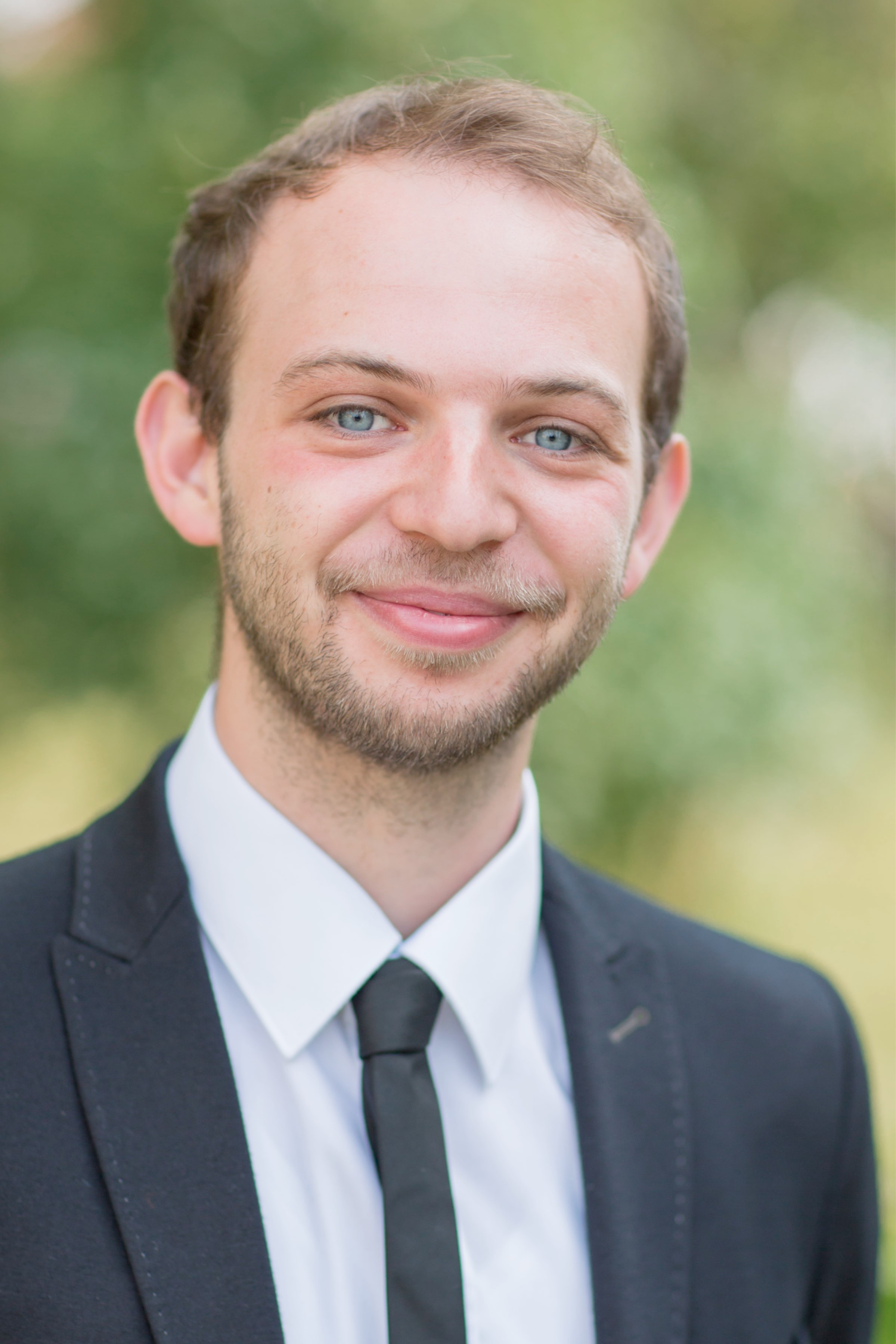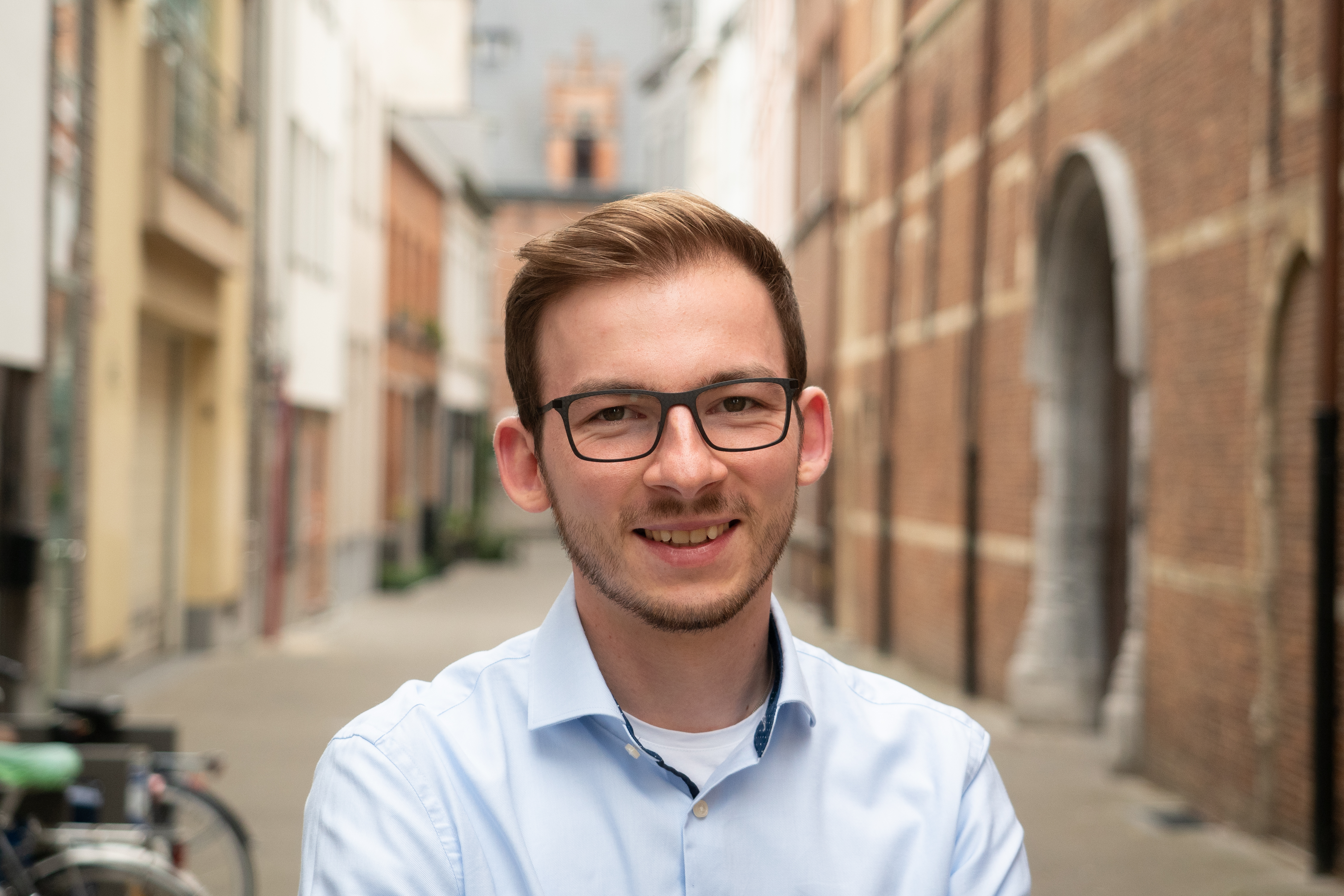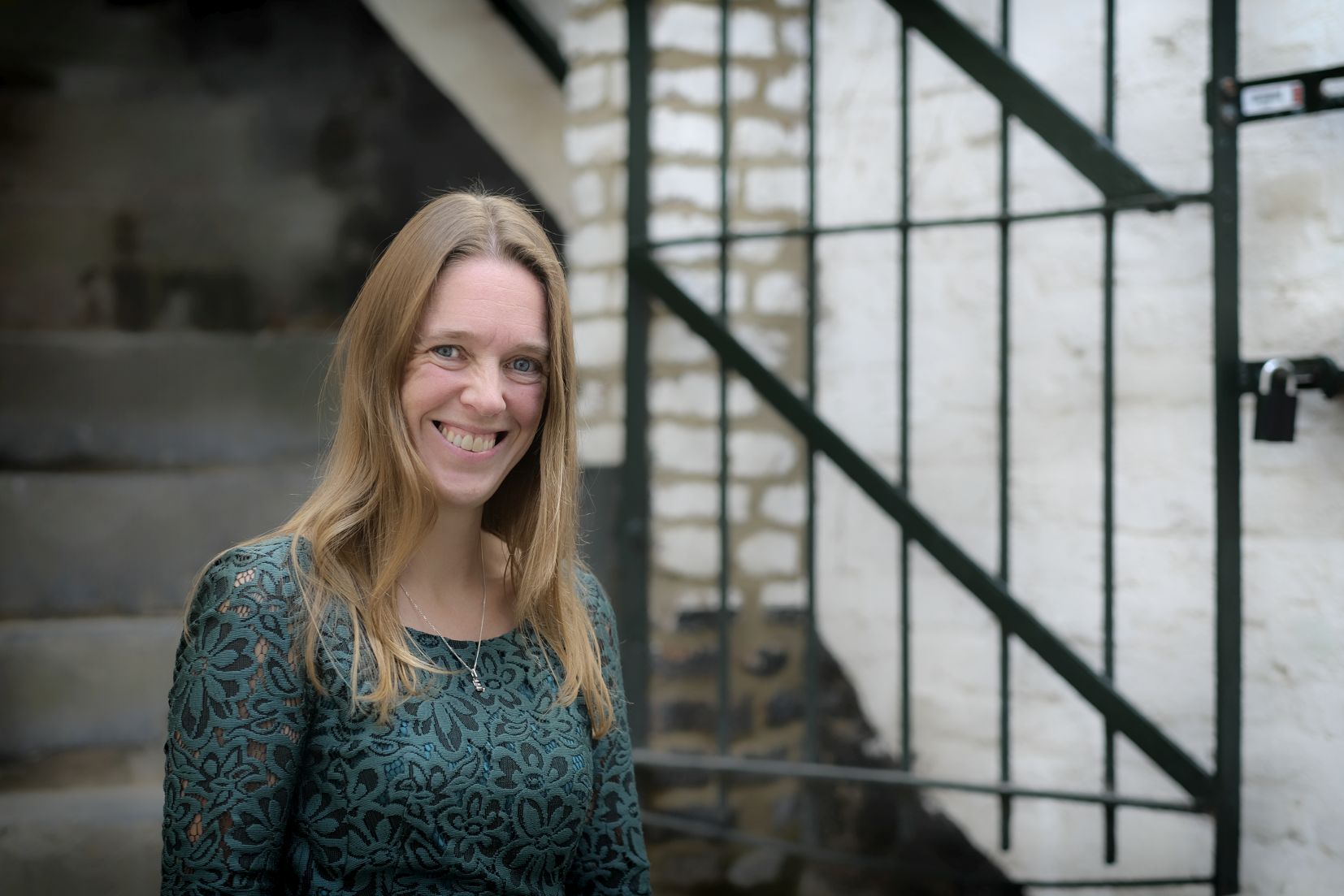Two SBE academics receive Marie Curie fellowships
Roman Briker and Fynn Gerken, two talented academics from Maastricht University's School of Business and Economics (SBE), were recently awarded Marie Sklodowska Curie Postdoctoral Fellowships for their research on Artificial Intelligence.
Provided by the European Commission, the goal of these fellowships is to support excellent individual researchers to implement an original and personalized research project while developing their skills through advanced training, international, interdisciplinary, and inter-sectoral mobility.
AI in the lead? When, why, and how AI leadership will (not) work

Roman Briker’s project will look into how employees react – in terms of satisfaction and performance – when an AI attempts to motivate or inspire them, the same way their manager might. For this project, Roman and his team will collaborate with Simon De Jong, Fabiola Gerpott (WHU – Otto Beisheim School of Management) and Yochanan Bigman (Hebrew University Jerusalem).
Given the rise of AI managers within Europe, this research will provide relevant scientific, practice, and policy insights aimed at sustaining a high-performing and satisfied European workforce of the future.
“This fellowship is an amazing opportunity and I feel honoured to receive a grant that is named after one of my academic idols (Marie Curie). This will give me freedom and resources to conduct a research project that is not only super interesting for me personally but hopefully will be useful for the wider public.”
The causes and consequences of firms’ focus on AI

Fynn Gerken’s project will focus on what motivates firms to focus on AI and the resulting consequences for efficiency, innovation, and employment. There is a lot of buzz around AI’s technological capabilities, making it often difficult to distinguish hype from facts. What we currently lack is empirical evidence on the firm level.
In his research, Fynn aims to understand what incentivizes firms to develop AI capabilities and its economic consequences to support policymakers in their decision-making.
“I am very excited about the fellowship. I feel grateful to receive this great opportunity and cannot wait to start my project.”
Also read
-
Technology can increase as well as decrease inequality in education. That is the conclusion of professor of education Carla Haelermans of the Research Centre for Education and the Labour Market (ROA) in Maastricht. She conducted years of research on the subject and will deliver her inaugural address...
